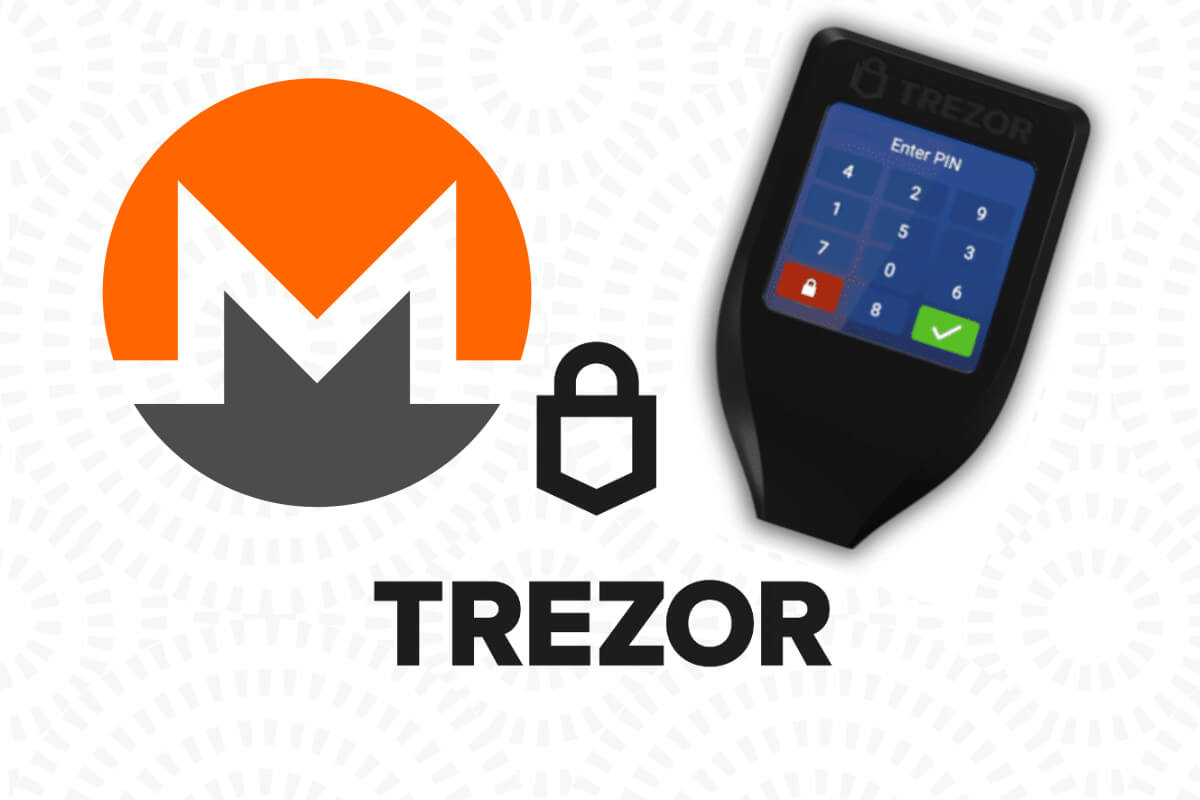

The company behind the Trezor hardware wallet, Satoshi Labs, has said it will soon be releasing an official Monero (XMR) client for its flagship Model T device.
Pavol Rusnak, CTO of Satoshi Labs, said that his friend and ‘ethical hacker’ Dusan Klinec was making great progress sending a new pull request to the Monero GUI in testing, as the security-focused firm’s addition of XMR onto its hardware wallet platform moves closer.
Monero is a privacy coin, meaning that it is anonymous and untraceable by design. After it was created in April 2014 under the original name of BitMonero, the code base was forked and became the open source project dubbed “Monero” that is live in implementation today.
The privacy-focused project is based on the CryptoNight Proof-of-Work (PoW) hashing algorithm, which entails three key features to ensure economically incentivised consensus as well as providing anonymity:
Over the past few years, XMR’s focus on privacy helped it to stand out from other cryptocurrencies and become a relatively popular means of payment within dark net markets like Alphabay and Oasis. In 2016, partly due to being integrated on those trading platforms, XMR experienced more growth in market capitalisation and transaction volume than any other cryptocurrency – with an annual price appreciation of close to 30x.
Following his news, Rusnak took to Reddit to read through comments from the community regarding how the code should be tested before the official release. He confirmed that testing had been conducted by pointing at the two code repositories and stating: “The whole source code is open source, you can build it now and start testing [yourself].”
Recently, Satoshi Labs’ main competitor, Ledger, has taken aim at Trezor by posting a report highlighting five vulnerabilities in the firm’s products. However, the company later rebutted the claims, saying that while Ledger did report and communicate with it over the suspected vulnerabilities, “some of the facts are represented differently”, which has led to “an alarmist interpretation of the vulnerabilities”.
In the recently released Monero official year in review, the team discussed details of upcoming plans with Tari Labs developers “to create and implement an atomic swap mechanism that will initially allow for atomic swaps between Monero and other cryptocurrencies, such as Litecoin.”
Other plans with Tari researchers also include a Lightning Network router implementation that the team said supports “both Bitcoin and Monero, allowing Monero to benefit from the added off-chain privacy that LN provides.”
Just this past weekend, the Layer-2 scaling network celebrated reaching a remarkable network capacity high of 1,000 BTC and 40,000 active payment channels.
Over the last few months, we have seen a real shift in the focus of many open and public blockchain projects now viewing privacy as a key part of any upcoming protocol changes. This change in technical direction (away from just looking at transaction scaling or speed) has seen currencies like Litecoin explode back above the price points of November 2018 – prior to the market-wide sell-off of Bitcoin between $6,000 and $3,000.
As one of the original and most widely adopted ‘anonymous’ tokens in the market today, the addition of XMR support to popular hardware wallets shows the favourability that the mainstream cryptocurrency ecosystem is giving to privacy-focused projects like Monero, which says it is on the “road to being the most private cryptocurrency [in the world]”.
Denver, Colorado, 24th February 2025, Chainwire
Denver, Colorado, 20th February 2025, Chainwire
Washington, D.C., 18th February 2025, Chainwire
Dubai, UAE, 27th January 2025, Chainwire
Those who enter the market at this time may be surprised to hear that Bitcoin…
George Town, Grand Cayman, 22nd November 2024, Chainwire